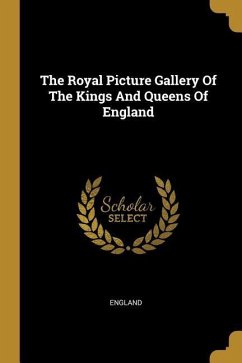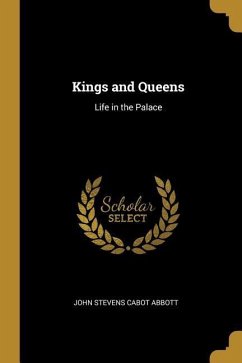The kings and queens of England have shaped the nation's history for over a millennium, leaving a legacy of political, cultural, and societal transformation. Beginning with Æthelstan in 927, who united England, the monarchy evolved through pivotal periods, from the Norman Conquest of 1066 under William the Conqueror to the establishment of parliamentary democracy.Key figures include Henry VIII, known for his six marriages and the English Reformation, which broke ties with the Catholic Church. Elizabeth I's reign (1558-1603) marked the flourishing of the English Renaissance and naval dominance. The Stuart era saw turbulence, with Charles I's execution in 1649 during the English Civil War and the later restoration of the monarchy under Charles II.The Glorious Revolution of 1688 established constitutional monarchy, limiting royal power. The Victorian era (1837-1901), under Queen Victoria, was a time of industrial growth and empire expansion. In modern times, Queen Elizabeth II, the longest-reigning monarch (1952-2022), symbolized stability in a rapidly changing world.Today, King Charles III represents continuity in a constitutional framework, where the monarchy remains largely ceremonial, reflecting the evolution of England's governance from absolute rule to a parliamentary democracy intertwined with tradition.
Hinweis: Dieser Artikel kann nur an eine deutsche Lieferadresse ausgeliefert werden.
Hinweis: Dieser Artikel kann nur an eine deutsche Lieferadresse ausgeliefert werden.








